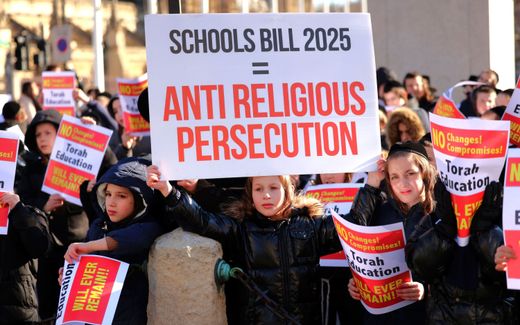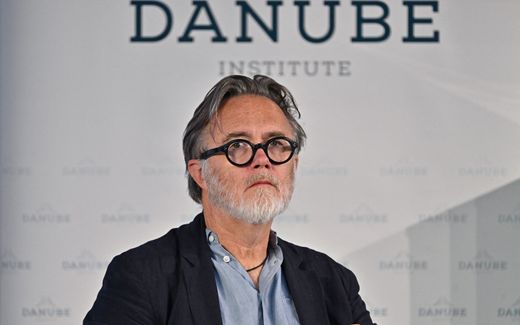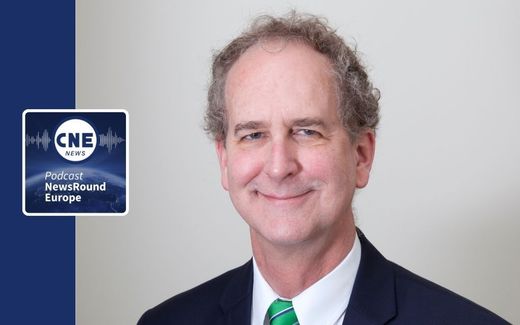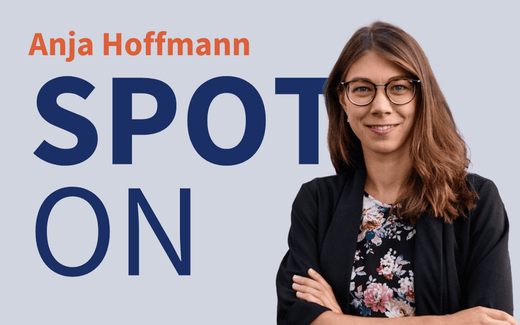The West's challenge: protecting religious freedom against a post-Christian ethic
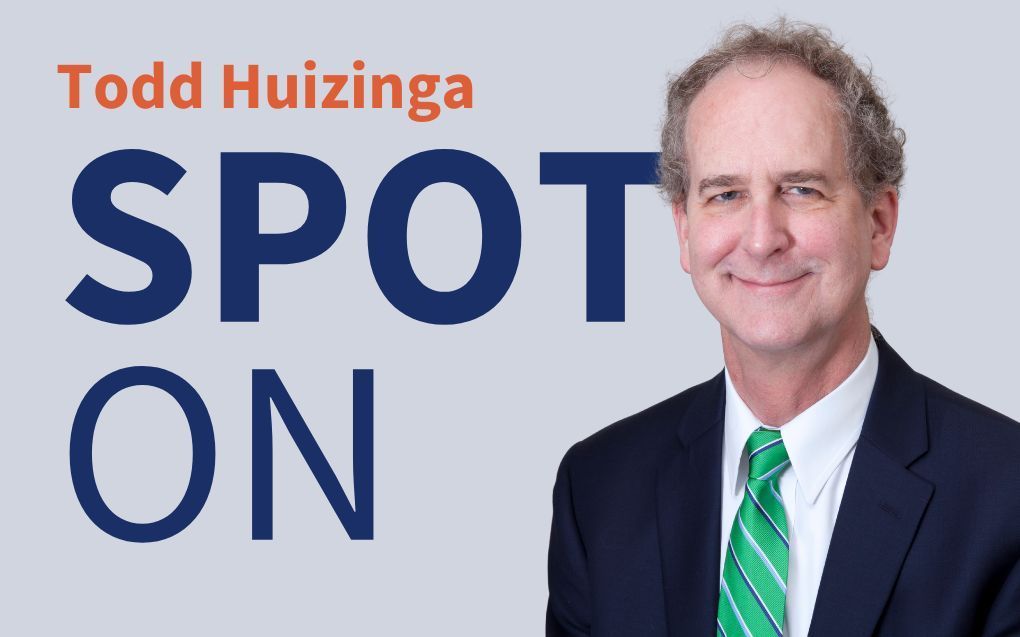
Photo Canva.com
Opinion
The West wants to have a leading role when it comes to promoting freedom and safeguarding human rights, Todd Huizinga writes. However, he sees important challenges when it comes to religious freedom.
Discrimination and intolerance against Christians in the West are real problems, and it is getting worse. The recently released reports of two of today's most solid religious-freedom advocacy organisations thoroughly document this: the "Report 2025" of OIDAC Europe, the Observatory on Intolerance and Discrimination against Christians in Europe, and the "Religious Freedom in the World Report 2025" of Aid to the Church in Need (ACN).
Even the Organization for Security and Cooperation in Europe, a mainstream intergovernmental group, now explicitly recognises, in its "Guide on Understanding Anti-Christian Hate Crimes," the problem of intolerance against Christians in the West.
Traditional people of faith and dechristianised elites now disagree diametrically about many crucial questions
Prejudices against Christians afflict the United States as well. Since his inauguration, Donald Trump has moved to counteract the anti-religious effects of many policies and programs of the Biden administration. Among Trump's numerous initiatives are the establishment of the Religious Liberty Commission and the Task Force to Eradicate Anti-Christian Bias Within the Federal Government.
Composed of prominent thought leaders, the RLC's core mandate is to identify threats to religious liberty in the United States and develop strategies to protect and strengthen the American tradition of religious liberty for all. The Task Force comprises top-level government officials. Its purpose is to ensure that the U.S. government will "never again […] turn its power against people of faith"—as the Biden Administration often seemed to do—and to see that “every religion will be treated with equality.”
Dechristianisation
How did religious freedom become a problem in the democratic West? As our societies have dechristianised, a post-Christian ethic has largely displaced the basic Judeo-Christian consensus upon which Western civilisation was built. Traditional people of faith and dechristianised elites now disagree diametrically about many questions that are crucial to social and political order, such as what is the purpose of human life, what constitutes freedom, human rights and human flourishing, and what is the nature of truth?
What seems to arouse particularly intense opposition is the belief of religious people that the proper context for human sexuality, the anchor of the family, and a primary source of children's well-being is traditional marriage, a lifelong, exclusive union of one man and one woman.
That clashes with the post-Christian idea that sexuality is subject only to human choice, that gender is fluid, and that the very idea of objective truth, as espoused in most religions, is oppressive and repugnant.
Persecution
Too often, it has been claimed that intolerance in the West is not worth worrying about, compared to the horrific and increasing persecution of Christians across the globe. Certainly, the repression and violence that Christians experience in places such as North Korea, Nigeria and China is unconscionable.
But fighting both severe persecution and the West’s “polite persecution” is key to fighting either of these: they are both rooted in a destructive intolerance for the Christian faith, one that would go so far as to restrict or deny the basic rights of Christian believers.
Perhaps most urgently, we in the West suffer from deep social and political polarisation, so deep, in fact, that it has reached crisis levels that endanger social stability. Again, the dechristianisation of our societies, the loss of the basic Judeo-Christian ethical consensus upon which Western civilisation rests, lies at the root of this.
If Western nations wish to lead in the fight for religious freedom, they must also acknowledge their own religious freedom problems
In this predicament, we need to learn how to live together again. To start along that road, we must reaffirm that which many want to reject: the Christian view of the human person — that every individual, though deeply flawed, enjoys inherent dignity as an imagebearer of God. This entails both a humble awareness of our own limitations and an acknowledgement of the dignity of others — especially the dignity of those with whom we disagree. Only then will we regain a solid basis for respect for each other’s rights.
Problem
If the Western nations wish to lead in the fight for religious freedom globally, they must also acknowledge their own religious freedom problems and fight within their own borders for religious freedom for all.
As mentioned above, Trump has made a start in the U.S. By contrast, most European governments are doing very little (with at least one exception, namely, Hungary). That must change. If the Western democracies fail to uphold everyone’s fundamental freedoms within their borders, we may soon find that the rights of all of us are in danger.
The Article 18 Alliance
All of this represents a golden opportunity for the Article 18 Alliance, to which most Western nations belong. The Alliance is a network of 38 countries, including the U.S. and 26 European nations, dedicated to advancing religious freedom worldwide. It is named after Article 18 of the Universal Declaration of Human Rights, which affirms the inviolability of the right to freedom of religion.
If the Article 18 Alliance member states would officially affirm their support for the freedom of religion of those who espouse traditional religious teachings on marriage, family, and human nature —many of them their own citizens— this could represent a small yet significant step toward helping our Western societies learn how better to live together in this time of unprecedented polarisation.
By speaking out in favour of religious freedom for all, the Alliance would not only demonstrate its immediate relevance to the citizens of its member nations but also enhance its credibility worldwide.
Related Articles



